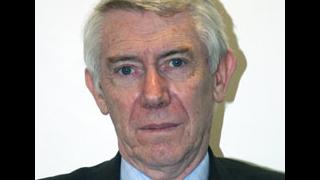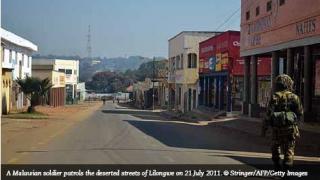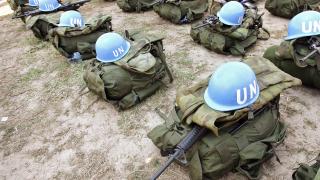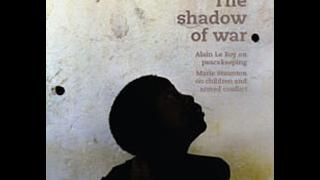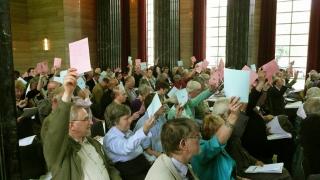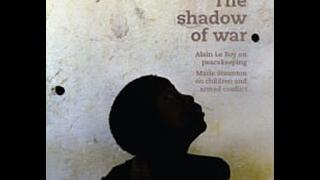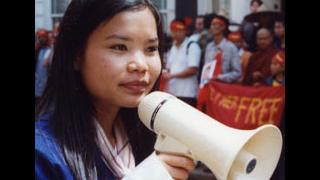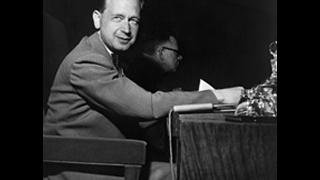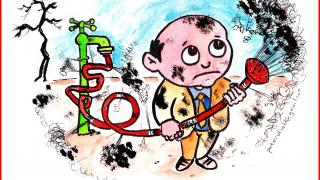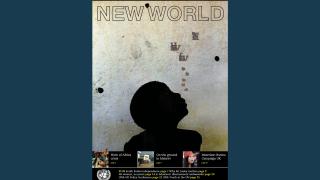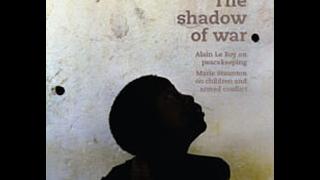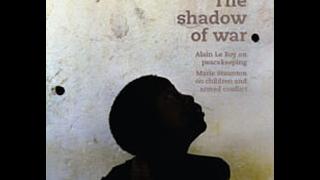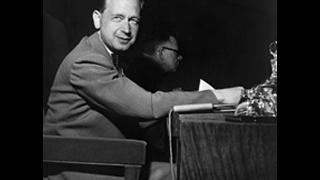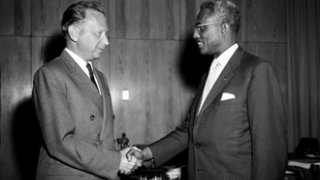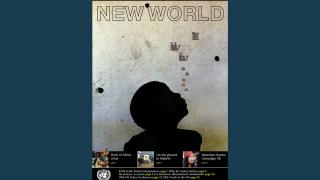
2011 will likely go down in history as a year in which the Arab world changed forever. An unprecedented wave of calls for human rights and democracy, dubbed the ‘Arab awakening’ has swept the region, toppling dictatorial governments in Tunisia and Egypt and leading to repressive crackdowns in Libya, Syria and Yemen. With most eyes on the Gaddafi and Assad regimes, it has been all too easy to overlook the tiny kingdom of Bahrain on the western shores of the Persian Gulf.
Since February, hundreds of thousands of Bahrainis have taken to the streets of Manama, the capital city, to protest against the Al-Khalifa family which has ruled Bahrain since the 18th century. They are calling for democracy and for an end to decades of human rights violations and state brutality. Although protestors comprise both Sunni and Shia, the demonstrations have had particular resonance amongst the majority Shia population, which has long been suppressed by its Sunni rulers. UN Secretary-General Ban Ki-moon strongly condemned the violence and called on the regime to exercise restraint.
Like in Libya and Syria, the protests have been met with violent repression. Dozens of peaceful protestors have been shot by Saudi troops, invited into the country by the Bahraini government under the auspices of the Gulf Cooperation Council. Medical staff have been tortured and imprisoned for helping protestors, and hospitals have been attacked.
But unlike its neighbours, events in Bahrain have attracted much less news coverage in the UK and elsewhere. This is due in part to Bahrain’s delicate political relationships. Both the UK and US have close ties with the Al-Khalifa regime, which was designated a ‘major non-NATO ally’ by former US President George W. Bush in 2002, one of only 14 such allies. Bahrain is home to the US navy’s fifth fleet and receives economic and military aid from the UK. Earlier this year, the UK revoked a host of arms licences to the country following concerns that UK equipment was being used in the crackdown on protestors.
The situation is further complicated by the role of Iran, which has been blamed by some, notably Republican US commentators, for purportedly inciting Shia uprisings in Bahrain - a factor which goes some way to explaining the disparity in the reactions to civilian deaths in Bahrain and the rest of the region. And then there is Saudi Arabia, a key if difficult Western ally which has shielded Bahrain from censure.
Six months after the first demonstration took place, it is believed that 1,000 people have been detained, hundreds ‘disappeared’ and dozens killed. An estimated 2,000 people who stayed away from work during the unrest have reportedly been dismissed from their jobs.Without sufficient news coverage, there is little hope of putting pressure on the Al-Khalifa regime and even less hope for those in Bahrain asking for their basic rights and fundamental freedoms. Regardless of where they occur, violations must be exposed and peaceful protests supported. By keeping quiet, we are not only opening ourselves to charges of double standards, we are also toying with the lives of people in Bahrain and the future of their country.
Ms Raza graduated from SOAS University with a Masters in International Development and was previously a Programme Development Intern at UNA-UK.

